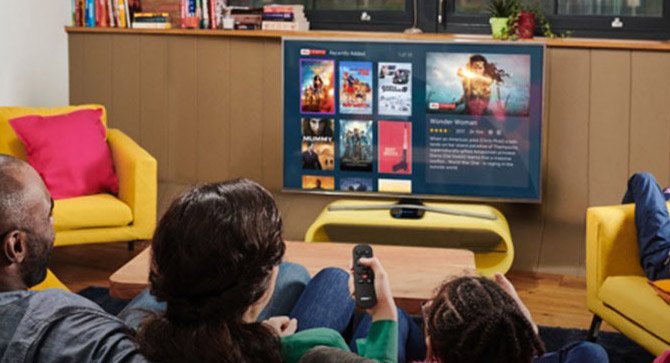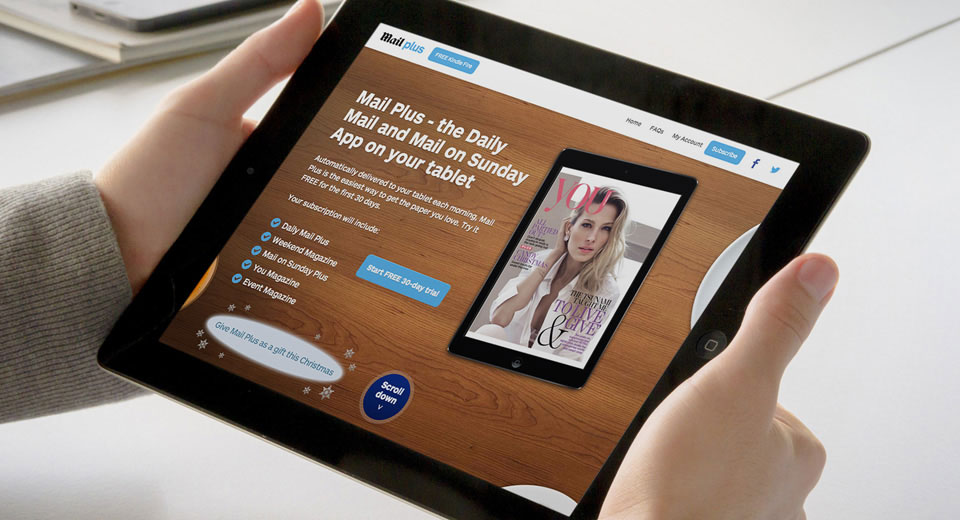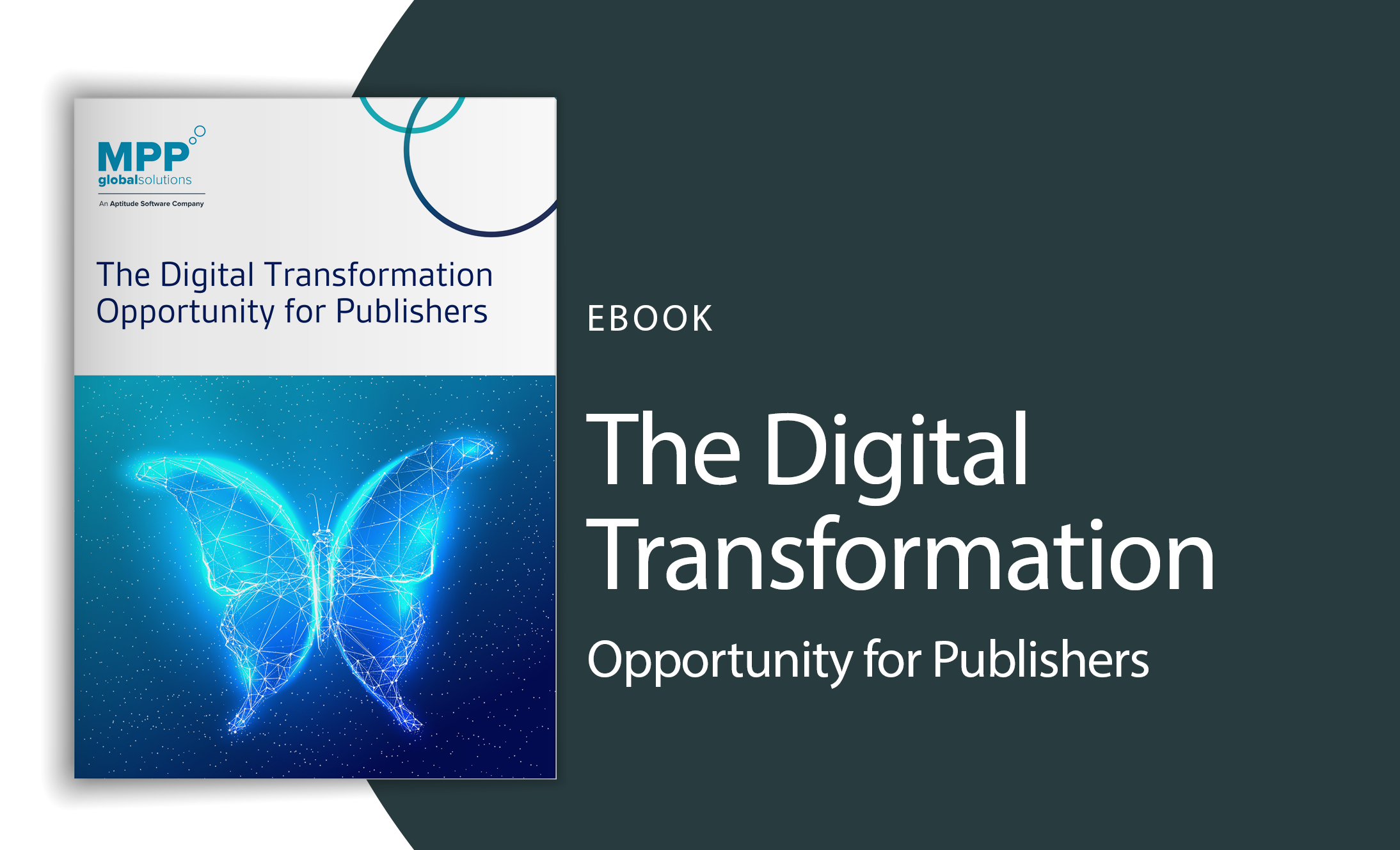Will Twitter Save or Supress Freedom of Speech?
Twitter is once again at the forefront of Global headlines as it becomes emerged in the on-going super-injunction battle. Recent stories of celebrities taking out so called super-injunctions to prevent potentially disparaging stories about them from surfacing has been awash across International news reports of late. Twitter has unwittingly become the centre of the storm with anonymous Tweeters distributing expose stories about apparent super-injunction recipients across their personal networks. Twitter fuels the gossip-mongers in the same way as word of mouth – the difference being it has access to hundreds of millions of listeners globally. With these breaches of court rulings can Twitter really continue to allow these users to remain anonymous? Or will it do the inevitable and breach user security and privacy and hand over the personal details of those involved.
Super-injunctions are basically gagging orders preventing traditional media outlets from releasing sensitive information about the recipients. However with the thirst for gossip and the latest scandals, people now look to Twitter and other social networking sites for answers and revelations about the most recent scandals. The problem is that the power of these injunctions set out in a court of law just do not cross over onto Twitter, with the person(s) involved in these outbursts of confidential information remaining anonymous and therefore they stay untouched by the law.
By last night the list of celebrities who have filed for a super-injunction had been forwarded to over 2 million people, posing a serious and very real security threat. Because the hype around these injunctions is so high, the anonymous and therefore potentially untrustworthy Tweeters, are safe to post false potentially libellous and illegal accusations about a multitude of celebrities. Recent victims of this include Jemima Khan who has vehemently denied reports that she applied for a super injunction.
With recent reports that Twitter is set to follow LinkedIn by filing an IPO and with a greater focus on monetisation, it seems a very worrying time for the future of security and data within the site. Having been created as a forum for communication in the purest social sense, Twitter has to grow up fast and answer big questions. How can the site ensure the anonymity of its users data when there are legal constraints being placed on the topic discussed? Equally how can the security of any future payment system be ensured when courts may be in a position to force the disclosure of user’s private information. With these factors considered can users really feel that their security and privacy are protected which anonymity provides or will we see a dramatic reduction in Twitter users?
 us
us 






 Posted by MPP Global on
Posted by MPP Global on


